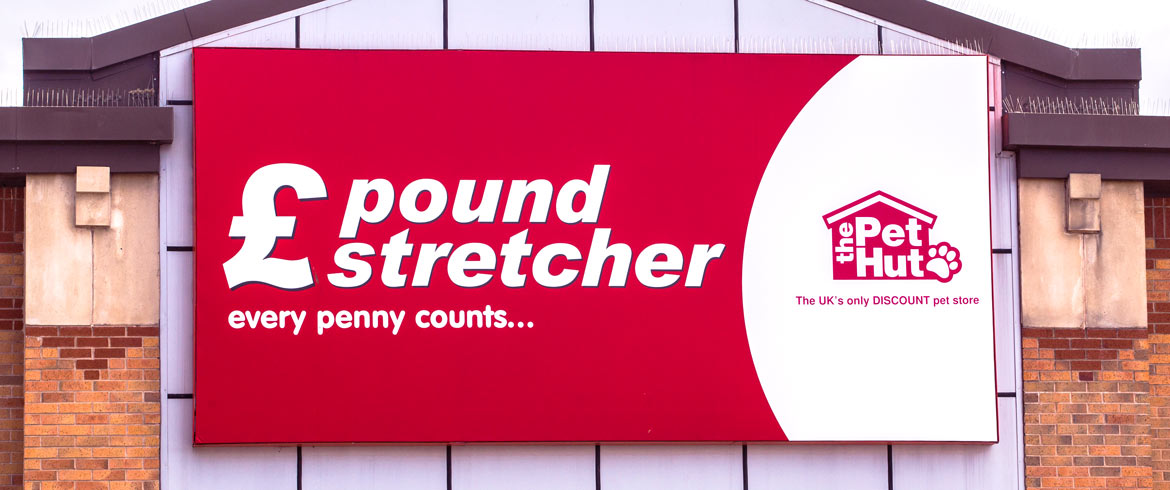People are fascinated by Pound Shops. They’ve been around the High Street for over 20 years. Stores like Poundland, Poundstretcher, Poundworld, and others grew their estate and their customer numbers rapidly when Woolworths failed and austerity kicked in at the beginning of 2009. Not all have succeeded. 99p Stores were absorbed into Poundland, and recently Poundworld went into administration. For most, the original premise – that everything in the store is £1 – has had to go as inflation limits the stock range that can be sold profitably at that price point.
Most of us like a bargain, so most of us have shopped in one or other of these stores from time to time and wondered just how they were able to sell 7-piece screwdriver sets, mega-sized bags of biscuits and multipacks of batteries for only £1. TV programmes like Saving Poundstretcher currently airing on Channel 4 are irresistible for their car-crash spectacle.
One successful player in the market is T J Morris Ltd, trading as Home Bargains. With over 400 stores turning over £1.8 billion in 2016/17, the Home Bargains formula obviously works. Part of the success is down to their buying policy, which they call Open Buying. On specific days any prospective supplier can go to Head Office in Liverpool and show their wares to a member of the buying team. They get an instantaneous decision. But there is a rule. If you pitch your price and the buyer says no, that’s it. No second chance. No haggling. No negotiation. No sale.
So suppliers conclude that the only rational strategy is to offer their lowest price straight away and hope that it is low enough to get a Yes. This means that they make their margin razor thin, and it gives Home Bargains the opportunity to buy more cheaply than their competitors.
But I heard an anecdote last week, tittle-tattle but probably with some foundation, that turns this strategy on its head. The story is that a wholesaler specialising in one of the categories Home Bargains sells bought a large consignment of branded goods from a manufacturer not normally seen in discount stores at an exceptionally good price because they were ‘last year’s designs’. The supplier had no idea how to price the goods and ensure success. He decided to go to a T J Morris Open Buying day and saw a buyer. He gave the buyer the manufacturer’s invoice for the goods and offered to sell for that price plus whatever the buyer felt was a reasonable commission. The buyer gave him an instant decision; Yes he would take the goods, and he would pay the wholesaler 10% commission; way more margin than the wholesaler would have added if he had decided to pitch a price.
In the version of the story, I was told the buyer was Mr Morris himself, who is very much hands-on in the business. Maybe that made a difference. There are two lessons from this tale. Firstly, when there appears to be only one sensible way to behave think outside of the box – there are always other options. Secondly where there is a lack of market information it may be better to play the odds and let the other side go first.

